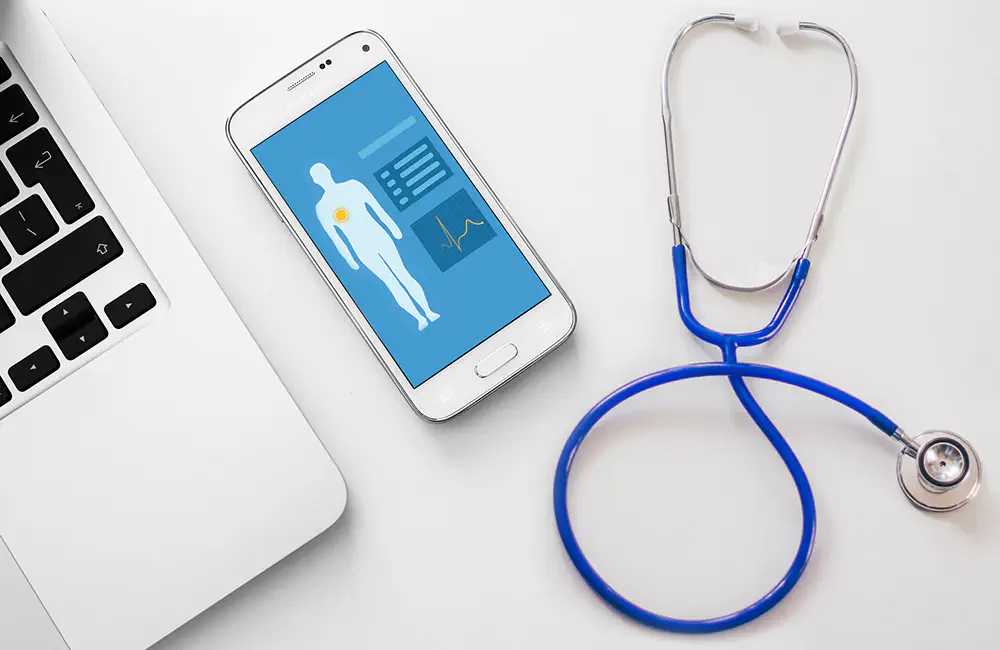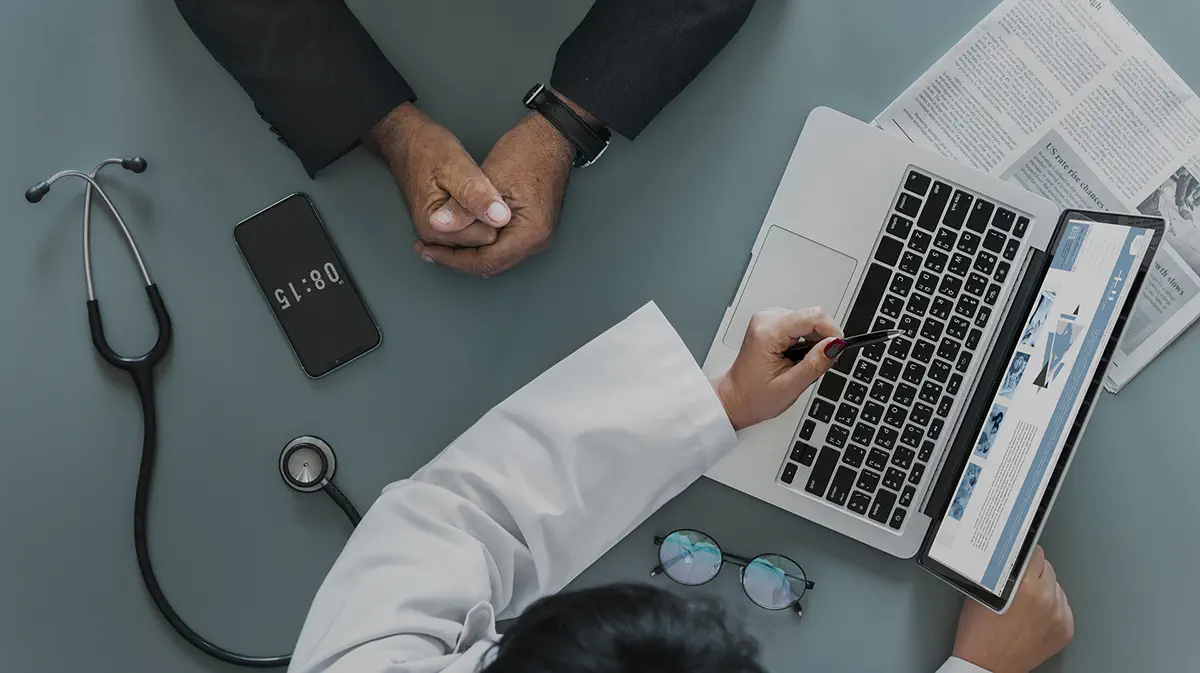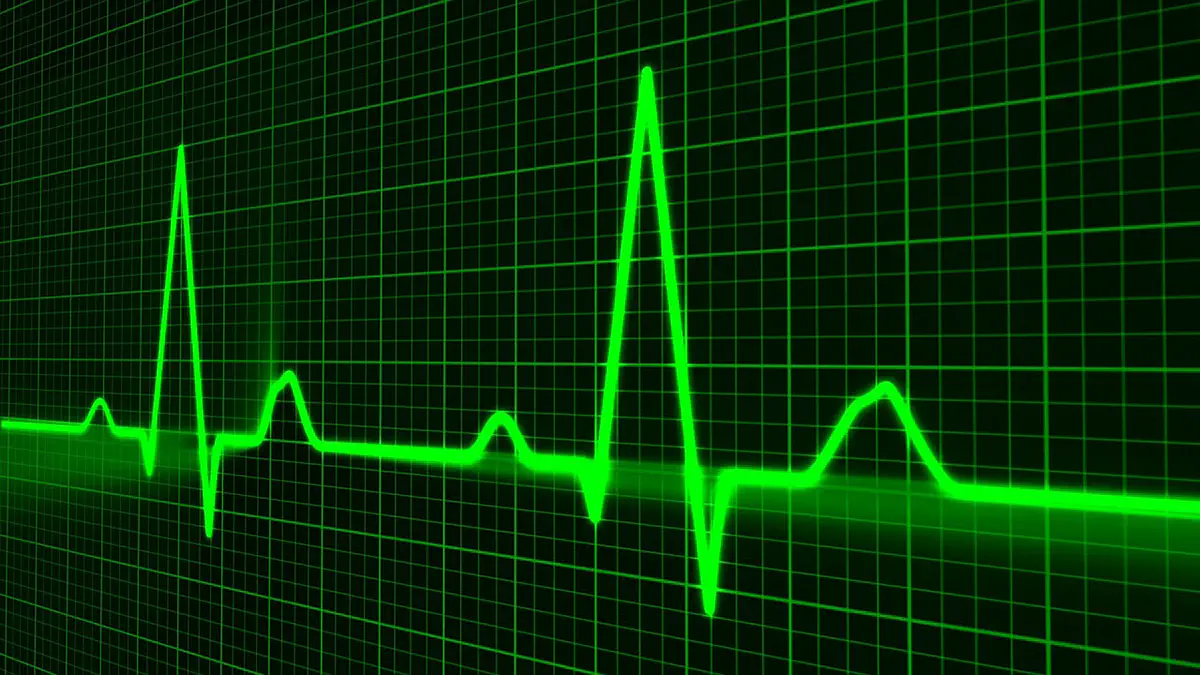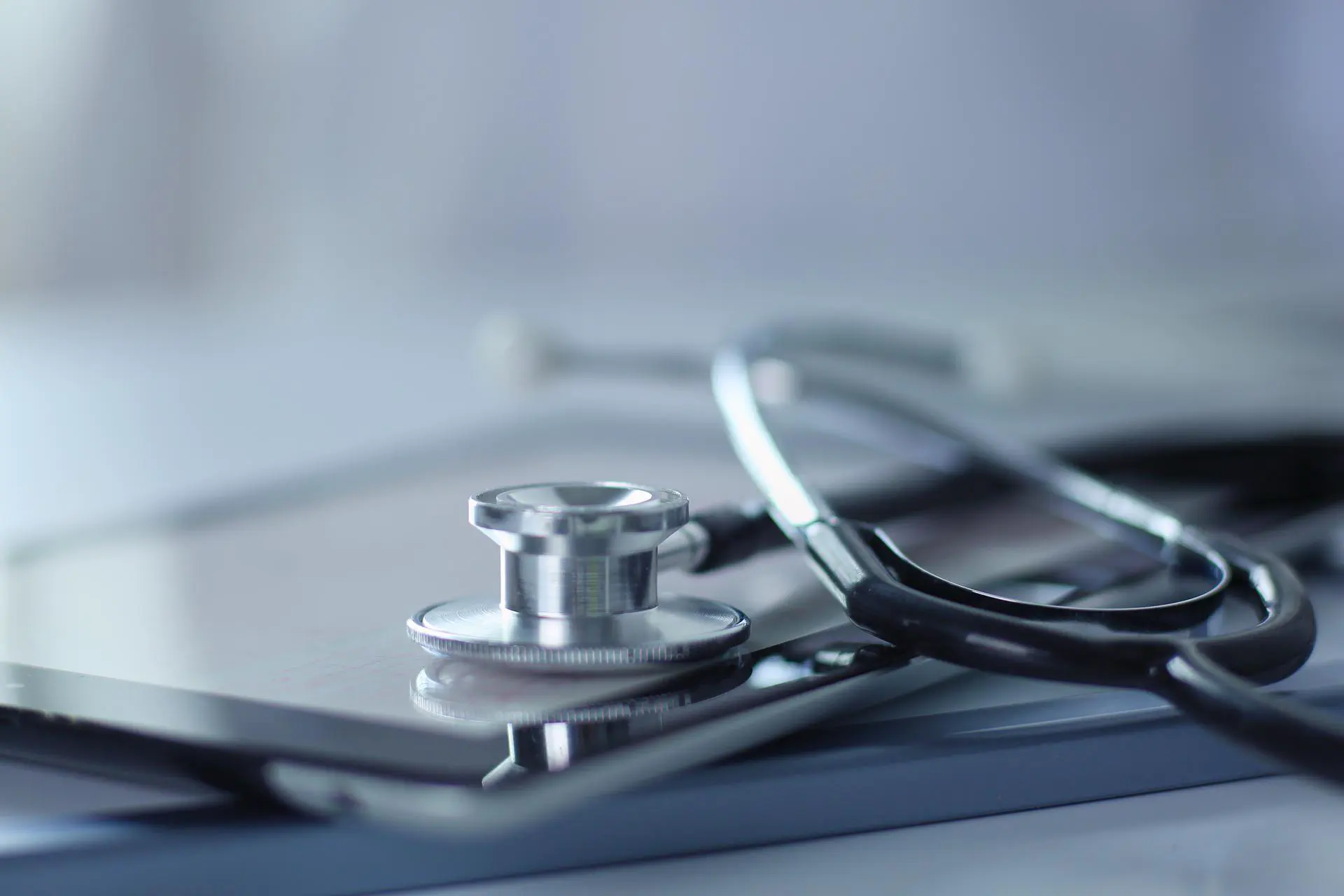Healthcare Future: Integrating Medical Devices with Health Apps

Millions of people download and use health apps. Whether you are tracking steps and exercise using a Fitbit, or counting calories with MyFitnessPal, health apps along with medical software development services are increasingly popular.
According to an IQVIA Institute for Human Data Science study, there are over 320,000 health-related apps on the Apple App Store and Google Play Store (Android). Although standing out in this crowded marketplace is more challenging, 41 of these apps have over 10 million downloads each.
Apps that monitor calories consumed, exercise (including calories burned), help reduce reliance on addictions, and make it easier for patients to manage specific illnesses (or play a role in the recovery process), including diabetes and chronic pain, have an increasingly important role to play in healthcare and patient wellbeing.
How apps can improve healthcare
Many of these apps - particularly those that have millions of users - are far more than passive information services to users. Many of them actively collect useful biometric data. Data that doctors, pharmaceutical companies and other medical service providers would find useful.
Long before the ‘Internet of Things (IoT)’ sector existed, medical companies have used remote data - known as telemetry - to manage patient systems and provide the best care possible. Since IoT, connected devices and mobile health (mHealth) apps have appeared, gathering and collecting remote data has become easier and more patient and user-friendly.
Except now, the range of data that can be collected is far greater than ever before. Doctors were limited to data surrounding the condition they were managing.
Now doctors and medical professionals can also get lifestyle factors, recorded in real-time. Monitoring and managing weight loss is connected to numerous diseases. With a Fitbit or similar connected device app, you can see how much exercise they’re doing, how many calories they’re consuming, and if possible (with their consent), ensure a record is kept for a wide range of lifestyle factors that will have an impact on their treatment, chances of recovery and improvement in symptoms.
More knowledge gives doctors, pharma companies and medical professionals the information they need to make better healthcare choices, thereby improving outcomes. Of course, not every health app has a positive impact.
Why some healthcare apps don’t have positive impacts
Pharmaceutical brands have shown interest in adopting the mHealth trend, but the vast number of apps and digital platforms lack a clear strategy and fail to engage patients effectively. Some are merely viewed as marketing tools and have insufficient medical input, neglecting the fundamental health needs of the users.
Stakeholders are resistant to change, and disruptive innovations could potentially harm profitability. For instance, new clinical trial models could increase R&D costs, and healthcare payers in the US may demand that biopharma firms lower unit prices. This could result in drug prices being similar to those in other countries where they are much cheaper.
Preventative solutions have the potential to be a valuable asset in healthcare, particularly for pharma companies. By focusing on patient engagement, pharma brands can shift from a curative to a preventative solutions model, which can create more value for patients. This shift could actually increase profitability, as the brands move up the value chain. However, it’s crucial for these brands to not fall into the trap of simply collecting data without actually engaging with patients and their lifestyles. Only by truly engaging with patients and utilizing the data they’re willing to provide can pharma brands successfully implement preventative solutions and improve patient outcomes.
Health apps in action
For example, the Breather II is a modern iteration on The Breather, a Respiratory Muscle Training (RMT) device (first created in 1980 - retired in 2017), comes with a mobile app to help patients.
The Breather II, created by PN Medical, is designed to help a wide range of patients breathe easier. Whether a patient has asthma, is recovering from a stroke, has sleep apnea, hypertension, emphysema, chronic bronchitis, refractory asthma, and numerous other respiratory diseases or other conditions that impact breathing, this device can improve symptoms.
The medical device app that comes with Breather, when a patient needs/wants extra help, can send invaluable information to medical providers and help to monitor their condition and device usage.
Without mHealth apps like this, doctors are reliant on patient memories, which is far from ideal when many either forget to take medicines, or forget that they have, or if they’re asked to do something they don’t want - even for the sake of their health - lie about following treatment plans or cutting back on bad habits (smoking, eating too much, drinking, drugs, etc).
Wrapping up
The fast progress of patient remote monitoring devices, healthcare management and analytics tools, combined with the continuous advancement of app development technology, offers great possibilities to mHealth startups and innovators. An important part of creating applications that improve patient outcomes is keeping the balance between innovations and high security standards which puts a greater onus on health app developers.
Mobile health apps fill that much-needed gap between what medical professionals know is best for a patient and a patient actually carrying out what they need to improve and look after their health. This is a trend we expect to accelerate and continue long into the future, to the point whereby it will be odd that people don’t use medical apps to proactively track and monitor health.
Don't want to miss anything?
Subscribe and get stories like these right into your inbox.
Keep reading

How New Healthcare Tech is Shaping Proactive Treatment
Digital technology is transforming healthcare, from treatments to wearables. Patients now use search engines and social networks to find information, driving innovation.

Crafting a Data Strategy for Digital Transformation in Healthcare
Technology bridges digital and physical care, helping doctors strengthen patient connections. By 2017, over 95% of hospitals used health IT, reshaping healthcare

Best AI Agents for Healthcare: What You Should Know
If you are looking for a reliable AI agent for healthcare, check our list of the best-rated tools and select a solution that addresses your needs.
Contact us
Let's explore how our expertise can help you achieve your goals! Drop us a line, and we'll get back to you shortly.